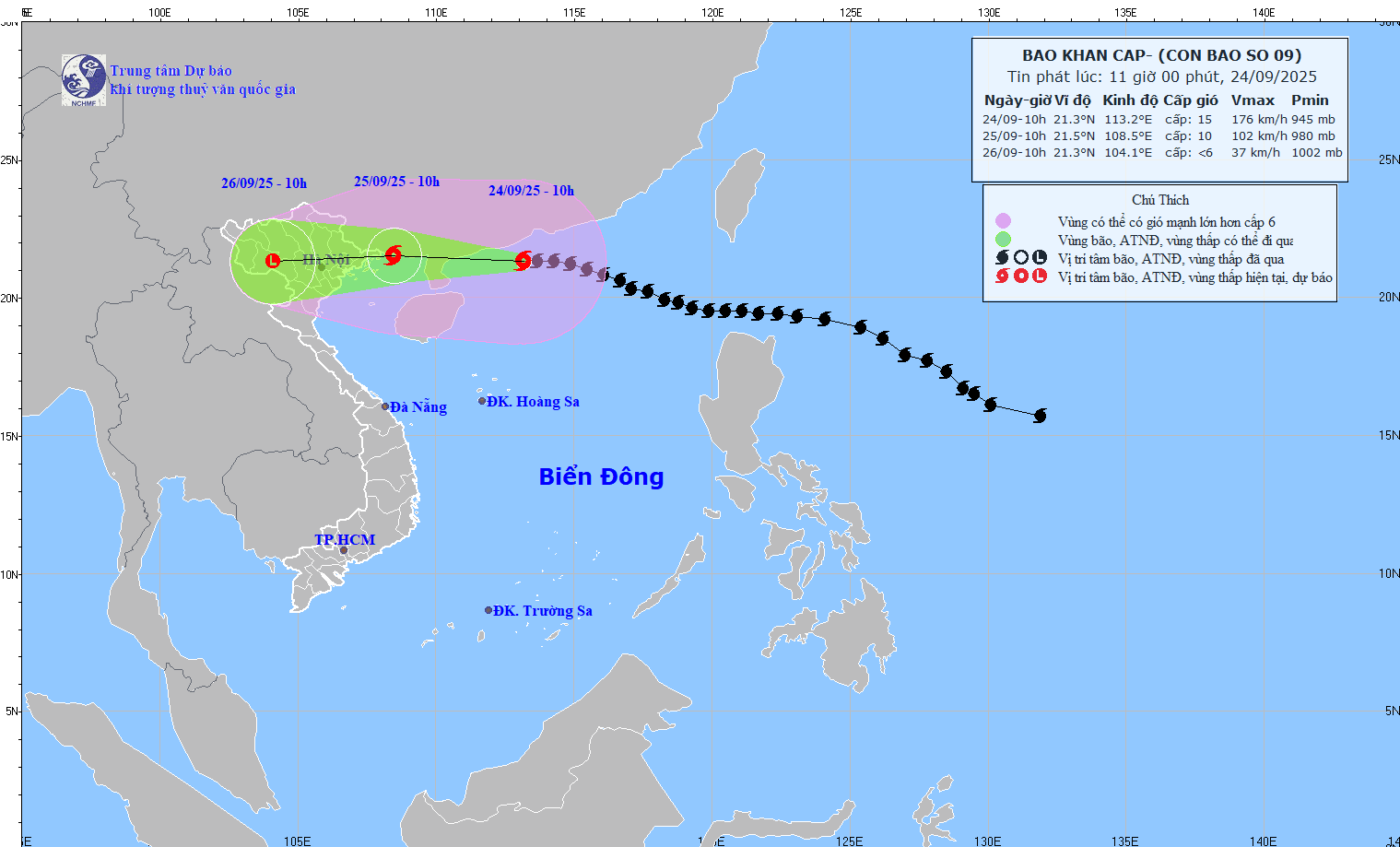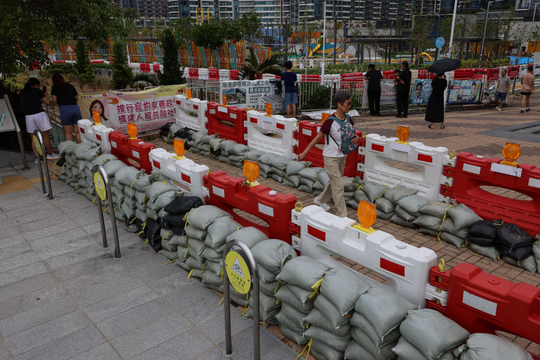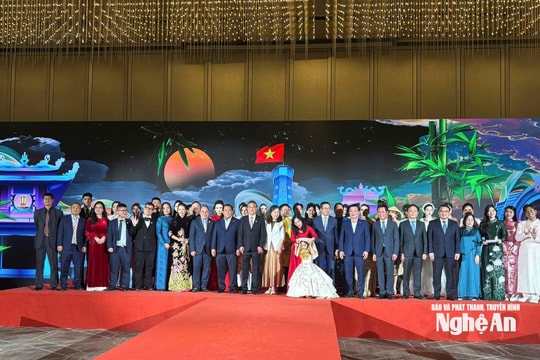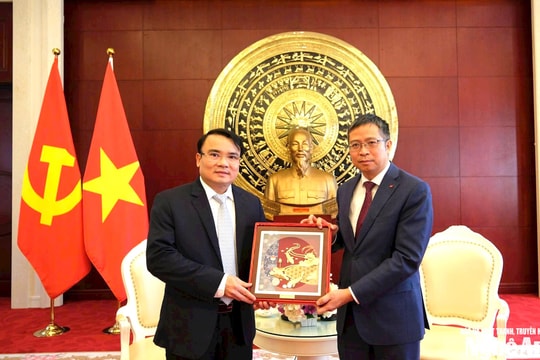China increases 'soft power' to the Middle East and Latin America
(Baonghean.vn) - In the past decade, besides creating influence in three main areas: diplomacy, military, and economy, increasing soft power has become the key to expanding China's footprint in the international arena.
From the reconciliation of conflicts in the Middle East
On March 10, Iran and Saudi Arabia announced the restoration of diplomatic relations after about four days of talks between the two countries' top diplomats in Beijing. China announced that Saudi Arabia and Iran had reached an agreement, including agreeing to restore diplomatic relations between the two sides, reopen embassies and representative offices of the two countries for a maximum of two months, and strengthen bilateral relations. In addition, both China and Iran-Saudi Arabia expressed their willingness to make every effort to strengthen international and regional peace and security.
 |
From left: Saudi Arabia's National Security Adviser Musaad bin Mohammed al-Aiban, Director of the Office of the Foreign Affairs Commission of the Communist Party of China Central Committee Wang Yi and Secretary of Iran's Supreme National Security Council Ali Shamkhani. Photo: Reuters |
We know that there are historical conflicts between Saudi Arabia and Iran regarding ethnicity, sects, especially the struggle for regional leadership. The two sides not only confront each other but also engage in proxy wars or complex competition around neighboring countries such as Yemen, Syria, Iraq, Lebanon, Bahrain... Therefore, the resumption of diplomatic exchanges between Iran and Saudi Arabia after more than 7 years of broken diplomatic relations will certainly ease the conflicts and competition between the two sides, thereby bringing new changes to the security of the Gulf region as well as the entire Middle East region.
Iran and Saudi Arabia are both major powers in the Middle East, and this region has always been under the influence of the United States. This time, in Beijing, under the mediation of China, the two sides reconciled their historical grievances, shook hands to make peace, and finally decided to resume diplomatic relations. This is certainly something that attracts the attention of the world, as well as giving China a great diplomatic victory. From here, China's role and influence in the Middle East will be increasingly consolidated and developed.
...to cooperate with Brazil to use the Renminbi
On March 29, the Brazilian government said that it had reached an agreement with China to no longer use the US dollar as an intermediary currency but to use its own currency for trade payments. At the same time, Brazil will establish a clearing house in Chinese yuan to support companies from the two countries to settle transactions and loans in Chinese yuan.
Thus, in addition to enhancing its international image in promoting world peace, China is also trying to challenge the international order established by the United States, one of which is to reduce dependence on the USD and use the Renminbi for trade initiatives and international relations.
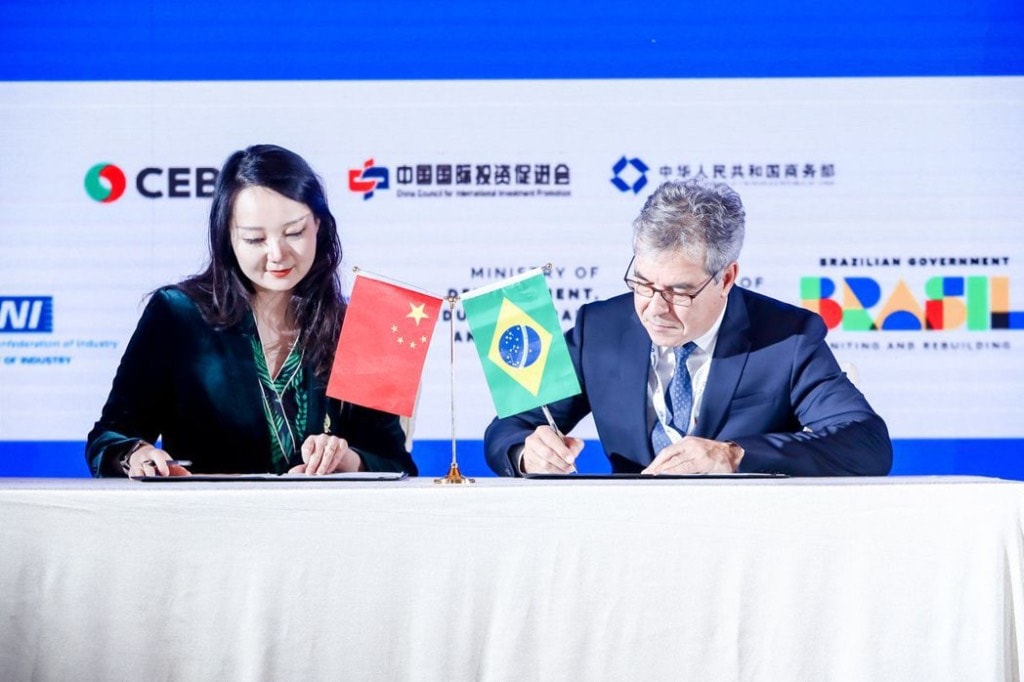 |
China and Brazil can conduct large-scale trade directly without being affected by fluctuations in the US dollar. Photo: Google |
China and Brazil can conduct large-scale trade directly without being affected by fluctuations in the US dollar.
Brazil is the country with the strongest economy in Latin America. Currently, Brazil is the country receiving the largest investment from China, mainly in the fields of high-voltage power transmission lines and oil and gas exploration. In addition, the bilateral trade turnover between China and Brazil will reach 171.49 billion USD in 2022, up 4.9% over the same period last year. The two countries have long formed a transaction model in USD. This transaction mode is an external factor that cannot be controlled by both countries. Especially in the recent period, when the USD has continuously increased in value, Brazil's export revenue has been relatively negatively affected.
Understanding this situation, China has tried to reduce the influence of the US in global politics and economics and reduce its dependence on the USD. This is considered an effective way to avoid common sanctions from Western countries, while at the same time, enhancing the position of the Yuan in trade contracts. Thus, the recent handshake with the largest economy in South America has promoted the internationalization process of the Yuan.
With this approach of China, transactions in local currencies have gradually become a “trend” and many countries are considering choosing other currencies (other than the USD) according to their own needs and development. At the same time, it also shows to a certain extent that the influence and acceptance of the RMB on the international level are increasing. This is really beneficial to reducing the impact of financial fluctuations, bringing a stable trading environment and market expectations to both sides.
The source of all cooperation
The question is why countries that are close to the US and pro-US choose China as a diplomatic mediator and economic partner? First, the war between Russia and Ukraine has increasingly exposed the US hegemony, and the economic sanctions against Russia are the most typical evidence. Many countries, although not speaking out, still clearly see that the US has absolutely no respect for international law and integrity.
In addition, the energy conflict between Saudi Arabia and Western countries is increasingly deepening. Since the Russia-Ukraine war, Western countries have followed the US in imposing many rounds of sanctions on Russia, causing serious impacts on the Russian energy industry, causing oil prices to fluctuate in a negative direction worldwide. To resolve the above situation, Western countries have called on members of the OPEC+ organization to increase oil production to achieve the goal of controlling global oil prices. However, member countries, represented by Saudi Arabia, have refused to increase oil production on the grounds of protecting their interests, despite the US's continuous pressure. Through such events, many countries have expressed disappointment with the US and are increasingly skeptical about its role. That is why they want to find other "poles" to neutralize the tensions in the region and the world.
Thus, from the perspective of increasing soft power worldwide in both diplomatic and economic aspects in recent times, China has done a very good job of mediating international disputes through consultation and dialogue, while increasing the proportion of the Renminbi in trade transactions in the international market. Thanks to taking the initiative in both diplomacy and economics, China has increasingly affirmed its position as a "responsible power", as well as proactively seeking sustainable energy sources in economic development. This is probably a lesson not only for any country./.

